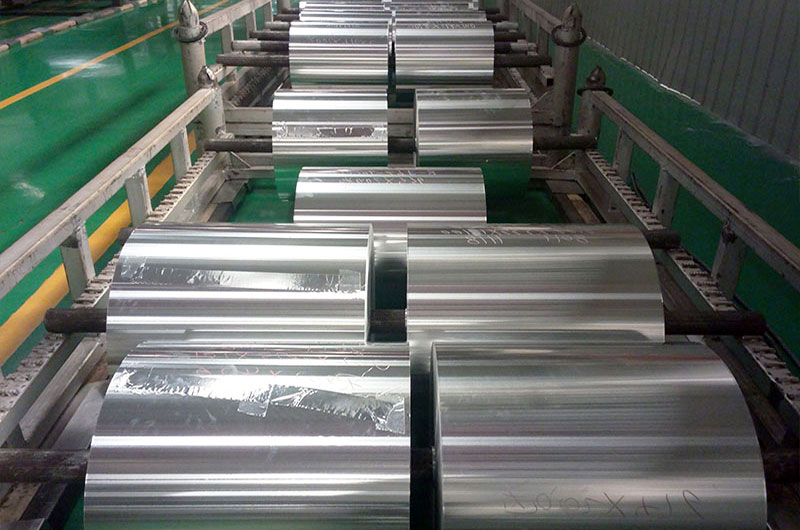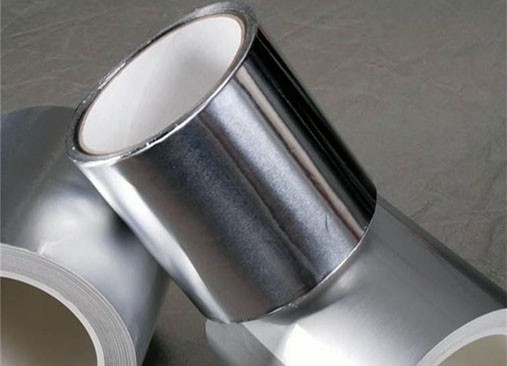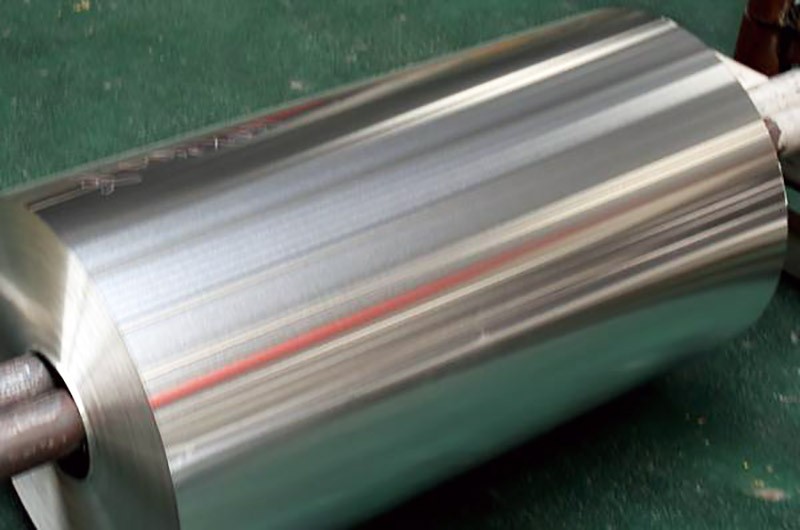- Learn about shielded cables
- Aluminum foil as shielding medium
- Typical Shield Cable With Aluminum Foil
- Typical Aluminum Foil Thickness for Shield Cable
- Shield Cable With Aluminum Foil Importance of Proper Grounding
- Applications of aluminum foil shielded cable
In the field of electrical engineering, the use of shielded cables is common and one often comes across cables wrapped in aluminum foil to provide extra protection.
Learn about shielded cables
Before we start understanding why aluminum foil is used to shield cables, let’s first understand the basic concepts of shielded cables. Electromagnetic interference (EMI) and radio frequency interference (RFI) pose significant challenges in a wide range of electrical systems.
EMI refers to harmful electromagnetic radiation that can interfere with nearby electronic equipment, while RFI refers to interference caused by radio frequency signals.
Shielded cables are designed to mitigate these interferences and maintain the integrity of the electrical signals they carry.
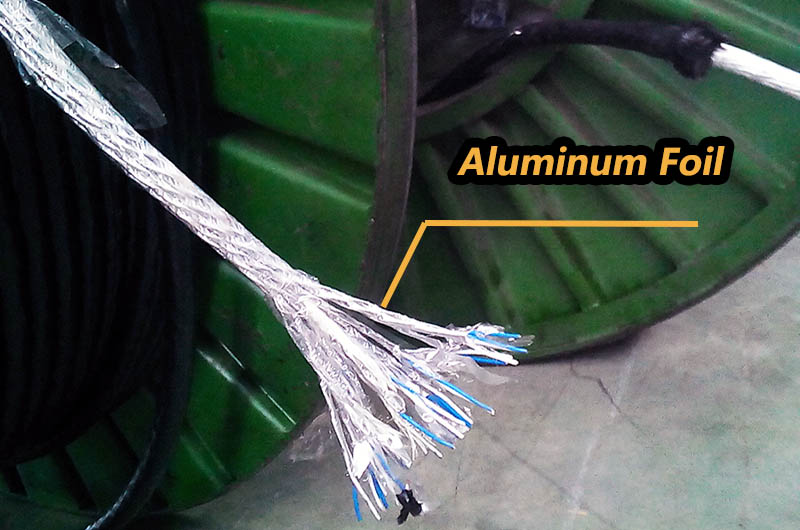
The basic structure of a shielded cable consists of a conductive layer surrounding an insulated conductor. This conductive layer acts as a shield, providing a barrier against external electromagnetic fields and preventing signal leakage.
Shielded cables, by virtue of their design, provide a protective shield that deflects or absorbs incoming electromagnetic waves. This shielding is critical to maintaining signal quality and preventing external interference from corrupting the transmitted information.
Aluminum foil as shielding medium
Aluminum foil has unique properties that make it ideal for shielding applications.
- Aluminum is an excellent electrical conductor and can effectively dissipate and change electromagnetic energy.
- The thin, flexible nature of aluminum foil allows it to conform to the contours of the cable, ensuring complete coverage and seamless shielding.
- Aluminum foil is lightweight, making it a practical choice for applications where weight reduction is critical, such as aerospace and automotive systems. Aluminum's affordability increases its appeal as a cost-effective shielded cable solution without compromising performance.
Typical Shield Cable With Aluminum Foil
The choice of aluminum alloy for use in foil-shielded cables depends on a variety of factors, such as the specific requirements of the application, the desired properties of the foil, and cost considerations. In many cases, the aluminum foil used for cable shielding is made of high-purity aluminum or aluminum alloys, which has good electrical conductivity and is suitable for forming into thin, flexible sheets.
Common aluminum alloys used in cable shielding applications include:
Shield Cable With 1050 Aluminum Foil: 1050 aluminum alloy is composed of 99.5% aluminum and is very pure. It is known for its excellent electrical conductivity and is often selected for applications where high conductivity is critical.
Shield Cable With 1145 Aluminum Foil: Alloy 1145 has slightly higher aluminum content than Alloy 1050 and is another option for cable shielding. It has good formability and is often used in applications where flexibility is required.
Shield Cable With 8011 Aluminum Foil: 8011 aluminum alloy contains aluminum and small amounts of other elements such as iron and silicon. Alloy 8011 is known for its versatility, corrosion resistance and suitability for forming sheets, making it a common choice for cable shielding.
Shield Cable With 1235 Aluminum Foil: This alloy is aluminum with a minimum aluminum content of 99.35%. It is often used due to its high conductivity and excellent formability, making it suitable for cable shielding applications.

It is worth noting that alloy selection may also be influenced by specific industry standards or regulations governing the use of materials in certain applications. Additionally, the thickness of the foil can vary depending on the cable's shielding requirements and the desired balance between flexibility and effectiveness in blocking electromagnetic interference.
Ultimately, selecting an aluminum alloy for cable shielding requires a trade-off between factors such as conductivity, formability, cost and the specific performance requirements of the current application. Engineers and manufacturers typically select the alloy that best meets the goals of a cable shielding system in terms of electrical and mechanical properties.
Typical Aluminum Foil Thickness for Shield Cable
For cable shielding purposes, aluminum foil thickness is typically around 20 microns (0.02 mm) to 50 microns (0.05 mm). However, it is worth noting that thinner or thicker foils can be used, depending on the specific requirements of the cable and the desired balance between flexibility and shielding effectiveness.
Here are some general considerations for choosing cable shielding foil thickness:
Thin Foil (20-30 microns): Thin foils are often chosen for applications where flexibility and the ability to conform to cable contours are critical. They are suitable where space and weight considerations are important, such as aerospace or automotive applications.
Medium thickness foil (30-40 microns): Foils in this range provide a balance between flexibility and shielding effectiveness. They are commonly used in a variety of cable applications, including telecommunications and industrial control systems.
Thicker foils (40-50 microns): Thicker foils provide enhanced shielding effectiveness and can be selected for applications requiring a higher level of EMI protection. However, they may not be as flexible as thinner alternatives.
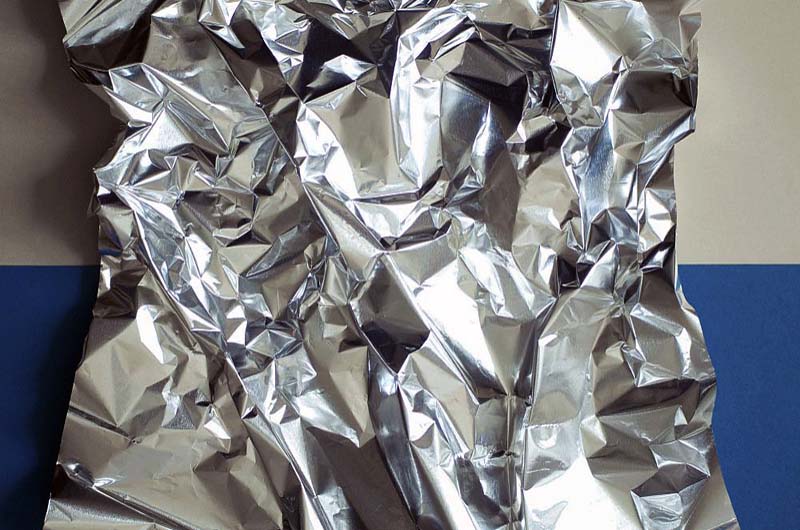
It is worth noting that industry standards or specific application requirements may dictate acceptable ranges of foil thickness. Additionally, foil is often used in combination with other materials in the cable construction, such as insulation and braided shielding, to achieve the desired overall performance.
Shield Cable With Aluminum Foil Importance of Proper Grounding
While aluminum foil is a powerful ally in the fight against electromagnetic interference, its effectiveness depends on proper grounding.
Grounding is the process of connecting the shield to a reference point, usually the ground. This connection allows the shield to safely divert unwanted current away from the signal-carrying conductors.
Inadequate grounding can affect the performance of shielded cables, making them susceptible to interference.
Applications of aluminum foil shielded cable
Aluminum foil shielded cables are everywhere and used in numerous industries and applications. Here are some noteworthy areas where these cables play a key role:
Data transmission and telecommunications
In the field of data transmission, shielded cables are the backbone of reliable communications. From Ethernet cables in homes and offices to high-speed data cables in data centers, aluminum foil shielding ensures signals pass through the cables without interference common in busy electromagnetic environments.
medical equipment
In medical devices and equipment where precision and accuracy are critical, foil-shielded cables provide essential EMI protection. Imaging equipment, patient monitoring systems and other medical electronics rely on these cables to maintain signal integrity and ensure the accuracy of diagnostic information.
aerospace and defense
In the aerospace and defense sectors, where weight, space and reliability are key considerations, aluminum foil shielded cables are widely used. Aircraft avionics, communications systems and defense electronics benefit from aluminum foil’s shielding capabilities in harsh electromagnetic environments.
automated industry
In industrial automation and control systems, where mechanical electromagnetic interference can be significant, shielded cables play a vital role. Aluminum foil shielding helps ensure that control signals are not affected by surrounding electromagnetic noise, thus preventing interruptions in automated processes.
audio and entertainment
Audio cables, such as those used in professional audio setups and home entertainment systems, are often shielded with aluminum foil. This shielding not only maintains the fidelity of the audio signal, it also prevents external interference that could introduce unwanted noise into the audio stream.

